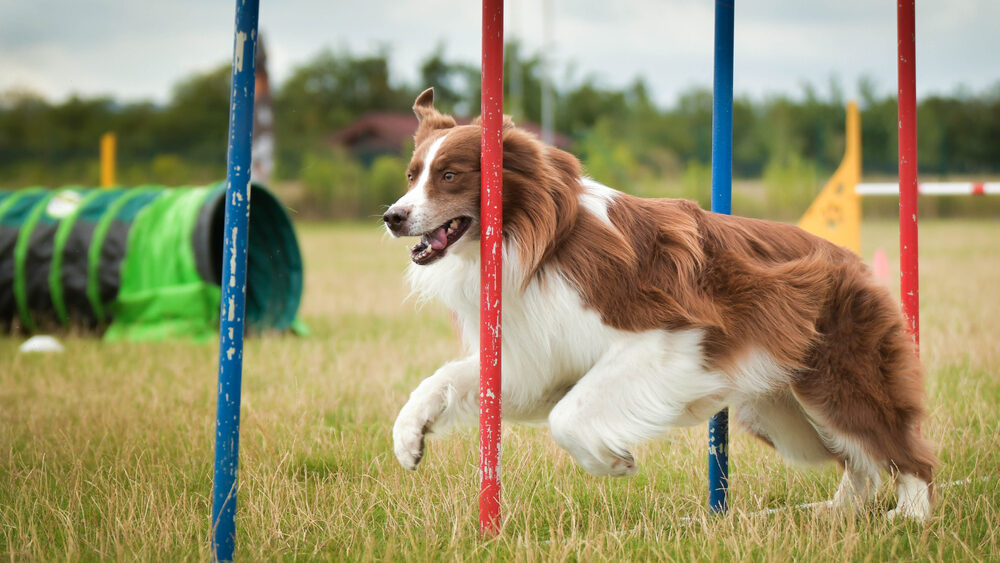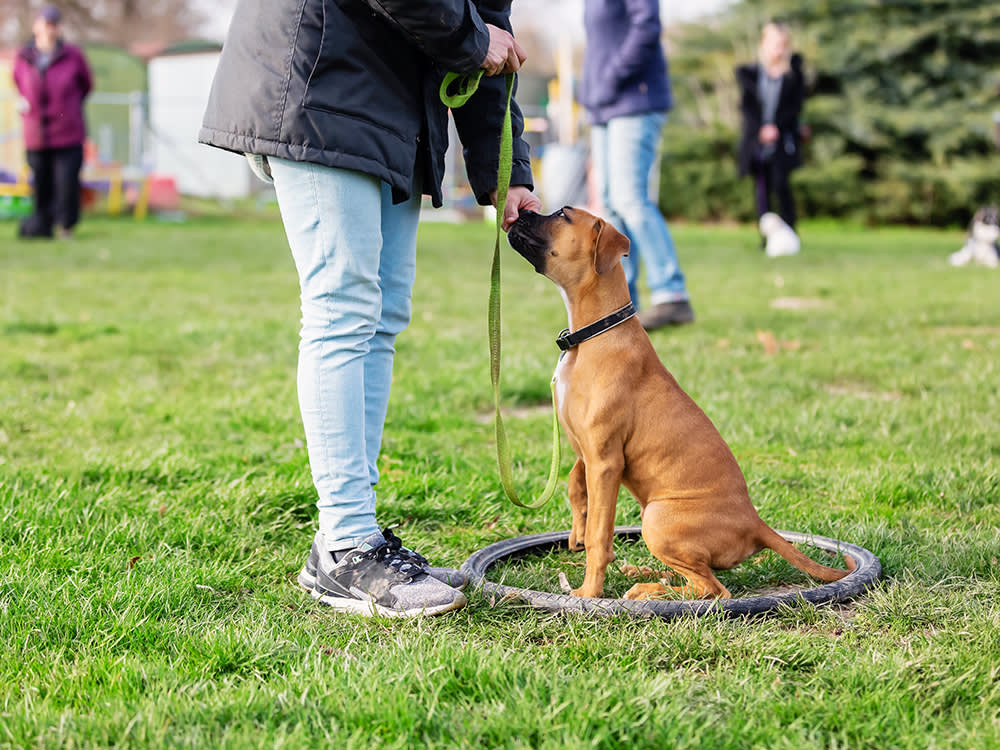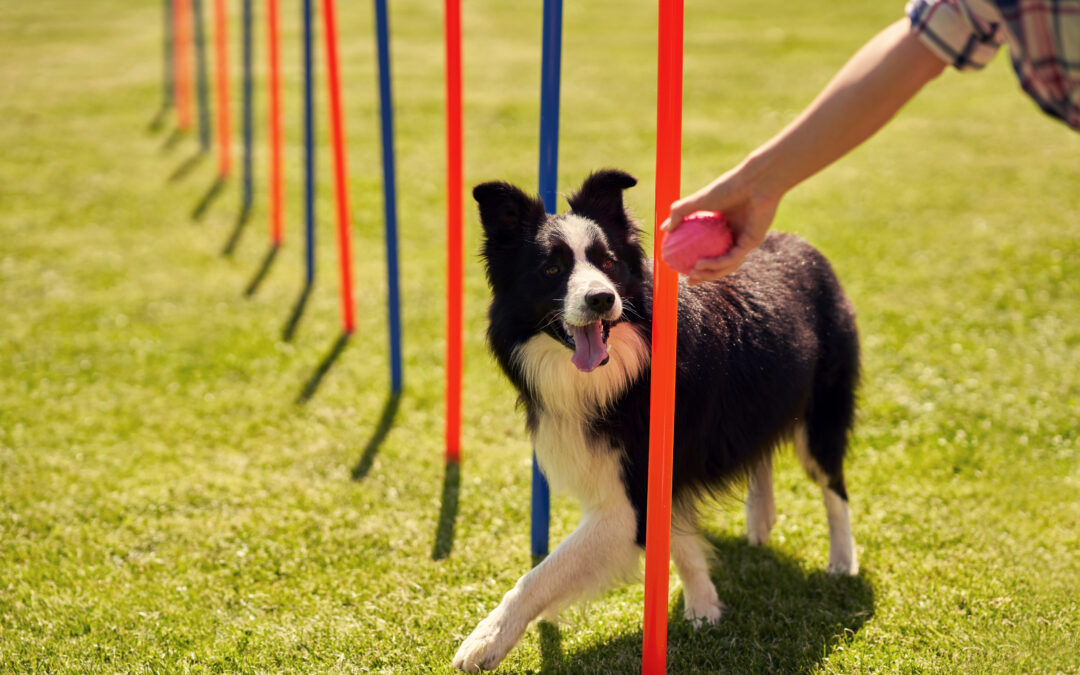
Aggression can be a difficult behavior to manage, and it is not always easy to know how best to handle it. However with specialized training, individuals can learn effective strategies for addressing aggressive behaviors in themselves or others.
This article will explore the steps necessary to create an effective plan of action that addresses aggression successfully. We will look at developing techniques for managing the situation while helping those involved find better-coping mechanisms and more positive solutions.
By understanding the dynamics of these situations and being prepared with appropriate responses, we can make sure that everyone gets through them safely and productively.
Understanding the Causes of Aggression

Aggression is a complex behavior that can stem from numerous causes, and understanding these underlying reasons is an essential part of addressing it effectively. In some cases, aggression may be the result of stress caused by environmental factors such as overcrowding or changes in routine.
In other situations, medical issues like pain or sensory problems could be to blame. Additionally, aggression can also indicate frustration due to a lack of communication skills or difficulty managing emotions.
To accurately diagnose the cause and develop an effective plan for responding to aggressive behaviors, specialized training is often necessary. By learning more about how aggression works and what triggers it in specific individuals with challenging behaviors, practitioners can create tailored strategies for long-term success.
Developing Effective Intervention Strategies

When developing effective intervention strategies to address aggression, it is important to recognize the need for specialized training. Working with individuals who display aggressive behavior requires unique skills and approaches that are tailored to each individual’s situation.
It is also important to ensure that all staff involved in the process possess sufficient knowledge of how to respond appropriately and effectively when dealing with challenging behaviors. Training should emphasize techniques such as de-escalation, positive reinforcement, and crisis management while striving for a balance between safety and respect for the individual’s autonomy.
When formulating an intervention strategy it is important to take into account various factors such as cultural background, age, gender identity, developmental delay, ys, or disabilities. Additionally, ly a comprehensive plan should be designed which encompasses goals for both short-term progress and long-term success.
Lastly, evaluations should occur regularly throughout treatment to measure progress toward desired outcomes while adjusting interventions accordingly if needed.
Creating Safe Environments to Reduce Unhealthy Outcomes

Creating safe environments to reduce unhealthy outcomes is essential for addressing aggression and challenging behaviors. Everyone has the right to feel safe in their environment, whether that be at home, school, work, or elsewhere.
Creating a secure foundation of trust and respect between individuals can help foster healthier relationships and prevent aggressive behavior from escalating into more serious issues. To ensure safety in all settings, trainers need to have specialized knowledge on how to identify potential sources of conflict and de-escalate situations before they become more problematic.
By providing strategies that focus on positivity rather than punishment, professionals can empower individuals with the tools they need to better manage their emotions when faced with difficult challenges. Additionally, implementing proactive measures such as using calming techniques like breathing exercises or creating clear boundaries are some methods that may be beneficial when trying to create an environment free from aggression. Overall, by taking steps towards establishing healthy boundaries within any given space or setting we can promote positive interactions among those involved and reduce the risk of potentially harmful outcomes due to inappropriatbehaviorur.
Through specialized training sessions focused on addressing aggressive behavior, rs we can make sure that everyone feels comfortable in their surroundings while also ensuring that safety remains a primary concern at all times.
Utilizing Positive Reinforcement Techniques

Utilizing Positive Reinforcement Techniques in addressing aggression and challenging behaviors is a powerful tool. The goal of positive reinforcement is to provide the individual with an incentive or reward for behaving appropriately.
This can be done through verbal praise, physical rewards such as treats, toys, or privileges, and even activities that serve as motivation. Positive reinforcement techniques encourage desired behaviors while reinforcing them each time they are repeated.
Additionally, it creates a positive relationship between the caregiver and patient by validating their feelings while providing structure for managing challenging behaviors. Through this method of training, practitioners can minimize aggression and help individuals learn healthier ways of coping with difficult situations without fear or anxiety.
Building Resiliency and Emotional Regulation Skills

When it comes to addressing aggression, building resiliency and emotional regulation skills is essential for creating a safe environment for everyone involved. Specialized training can help individuals develop the necessary tools to better manage their emotions and reactions in difficult situations.
Teaching strategies such as problem-solving, self-awareness, and communication skills are key components of this type of training. It also helps participants learn how to recognize triggers that may lead to aggressive behaviors, identify alternative solutions or coping mechanisms, and practice self-calming techniques.
As individuals gain greater control over their responses, they will be more likely to find success in managing challenging behaviors long term.
Conclusion

Aggression in dogs is a difficult behavior to address, but with specialized training from Dog Training Brownsburg, owners can successfully manage their challenging behaviors. Through positive reinforcement and consistent application of reward-based strategies, dog owners can develop an effective plan for managing aggressive canine habits.
Ultimately, pet owners must take the time to properly train their pets so they can live safely and happily in our homes and communities. With the right approach and assistance from Dog Training Brownsburg, addressing aggression in dogs will no longer be such a daunting task!





